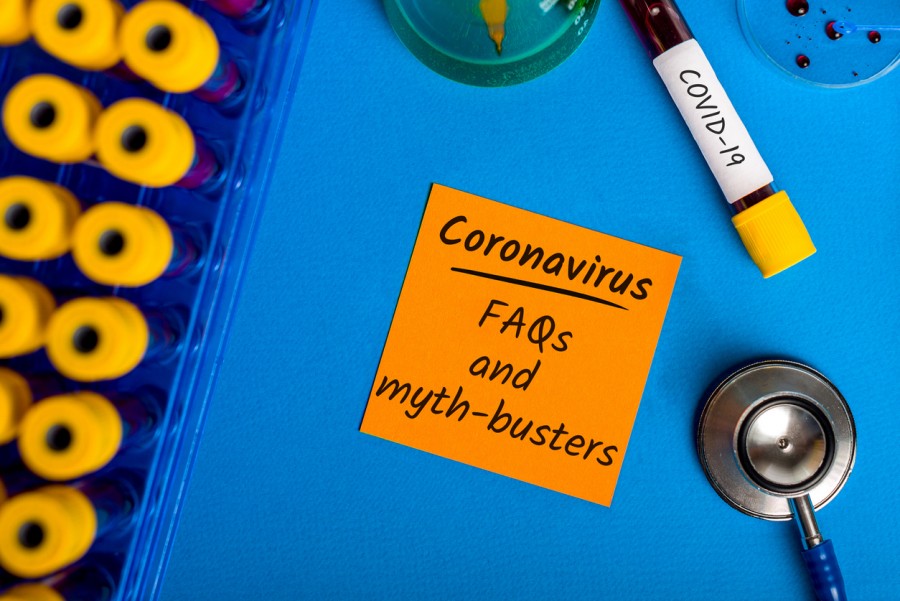Everyone is talking about the coronavirus, including those who claim to be official health workers from hospitals on social media.
The ABC Coronacast has warned that if you see an official-sounding email or page that offers tips like “Don’t drink cold water” or “Hold your breath for 10 seconds”, do not fall for them!
Here are some common myths that you should watch out for.
Myth: If you have a runny nose and sputum, you have a common cold.
Fact: You can’t tell. Many of the symptoms of COVID-19 are very similar to a common cold. But you cannot assume anything based on symptoms only. Symptoms also differ among patients, and the following have all been reported for COVID-19:
- Fever
- Cough
- Fatigue
- Runny nose
- Loss of taste
- Muscle/back pain
- Shortness of breath
- Sore throat (less often)
Myth: COVID-19 is not heat-resistant and hates the sun.
Fact: We have seen that COVID-19 survive in hot climates. There is absolutely no evidence that being out in the sun can kill the virus. What we know kills it are harsh chemicals like 70% alcohol. So…clean your hands!
Myth: Virus hates warm water. Avoid cold drinks.
Fact: While we do often drink warm honey tea during colds, it is more so that the honey soothes the throat instead of killing viruses. There is no evidence of warm or cold drinks influencing the survival of viruses.
Myth: You should gargle salt and warm water to kill COVID-19.
Fact: Warm salty water is used to clean wounds in some circumstances, such as a sitz bath for postpartum women. However, there is no evidence that salty water can kill any virus in the throat.
Myth: Hold your breath for more than 10 seconds. If you can successfully do that without any discomfort, it is a sign of no fibrosis, and hence no infection.
Fact: While it is true that someone with pulmonary fibrosis can have difficulty breathing, there is no evidence that being able to hold your breath for 10 seconds is a legitimate diagnostic criteria for fibrosis or COVID-19. If you suspect you might have COVID-19, use a Symptom Checker that is provided by a reputable source such as the Australian Department of Health.
Of course, these are not the only myths around COVID-19. The World Health Organization also has a whole page on myth busters. Be sure to always question the source of information and do not fall for fake news!
